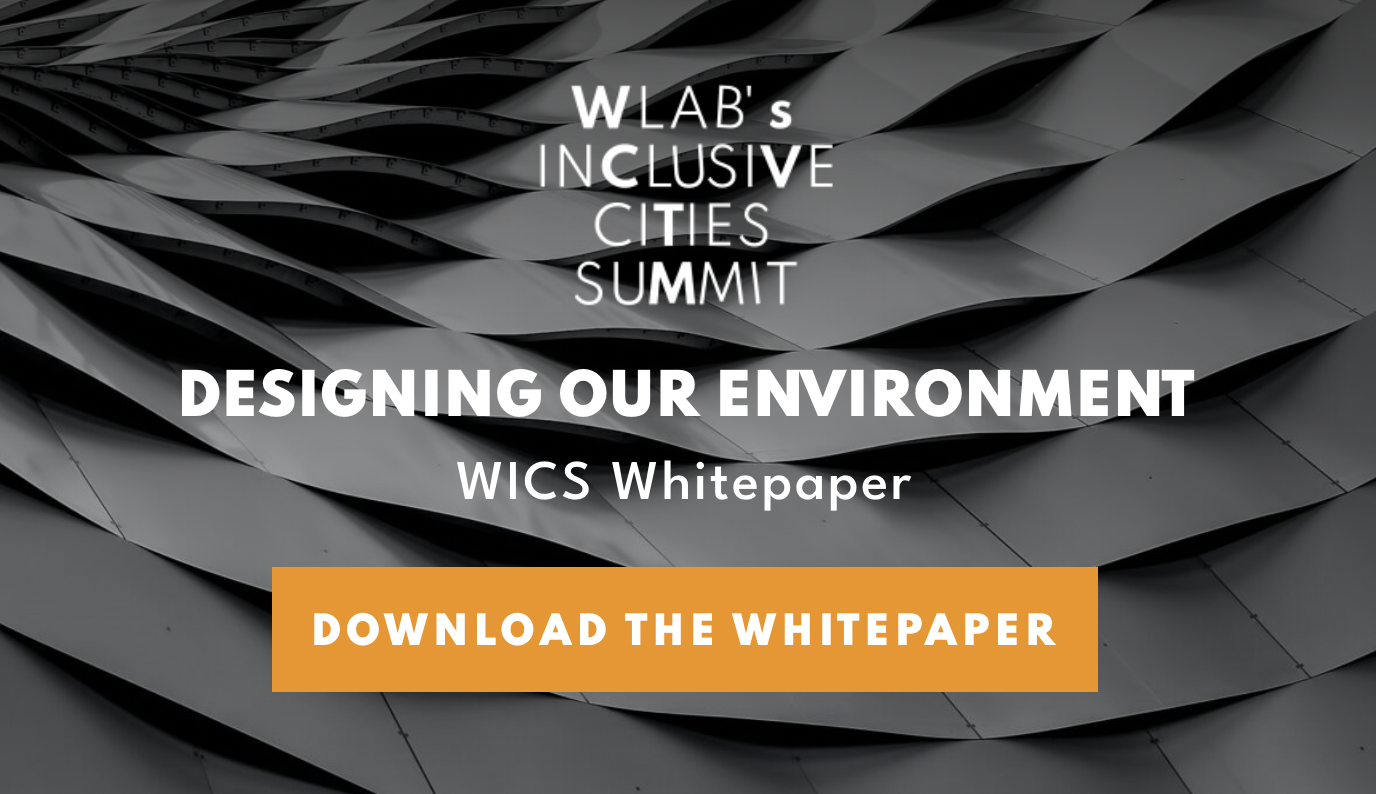SPATIAL SOCIAL ECONOMIC CULTURAL SUSTAINABLE INCLUSION
Overview
As the world continues to urbanize, inclusive cities are needed more than ever in order to ensure a sustainable and equitable future for everyone.
Focusing on inclusive cities means that policies and services are designed with the needs of all citizens in mind, with a focus on affordable housing, equitable access to public services, quality education and healthcare, or providing equal opportunities for mobility. Creating an inclusive city also means addressing issues such as income inequality and lack of job opportunities. It involves creating equal opportunities for everyone regardless of gender, race or religion.
By focusing on creating inclusive cities, we can create a more just society where everyone can live with dignity and have access to the same resources they need in order to thrive.
This is the reason we organised the WLAB’s Inclusive Cities Summit and subsequent White Paper based on our learnings.
Keeps scrolling to know more.
#WICSHK

The WLAB’s Inclusive Cities White Paper covers:

We need to provide affordable and accessible necessities like housing, sanitation, hygiene, and health infrastructures.
We also need to improve the quality of citizens’ lives by providing a habitable living environment that is connected with nature and greeneries. Research shows that access and exposure to nature and green spaces can promote overall health and wellbeing.
The COVID-19 pandemic has highlighted the structural inequalities existing in cities, like gender inequality and inaccessible infrastructure for the elderly and differently-abled. Being inclusive means equality between genders, races, and people of different income levels, abilities, and ages.
We also need to talk about the physical, emotional, and mental wellbeing of citizens. In a study, almost 56% of Hongkongers indicated they have “poor” overall mental wellbeing. Regarding physical wellbeing, 31.1% of Hongkongers have chronic health conditions, and many of these chronic diseases are on the rise.
Being socially inclusive is not only the right thing, but also helps the economy by decreasing the loss of wages, improving education and employment outcomes, and reducing healthcare expenditure.
Inclusion in cities means creating equal job opportunities and letting all citizens enjoy the benefits of economic growth. Financial inclusion is an enabler for 7 of the 17 SDGs. The World Bank Group also highlights the role of financial inclusion in reducing poverty and boosting shared prosperity.
The COVID-19 pandemic has, again, proven the need for digital financial inclusion, which can possibly reach underserved populations at a more affordable cost. In addition to promoting digitalisation, work on gender gap in account ownership and gender pay gap remains to be done.
Rapid urbanisation and gentrification in cities pose threats to the traditions and heritage of a place. In Hong Kong, multiple heritage and F&B icons are lost due to urbanisation and the pandemic. In face of these threats, culturally inclusive means proactive cultural conservation and revitalisation to preserve the vibrancy of cities.
From an urban perspective, cultural inclusion stands for co-creation in cities using the best innovative, creative, and entrepreneurial practices. With a diverse mix of mindsets and ideologies, our problem-solving abilities would be more holistic, allowing us to deliver more robust social impact.
An inclusive city incorporates all aspects of sustainability within it, including “social”, “environmental”, and “economic”.
Looking at the UN SDGs, we will specifically dive into achieving “Goal 12: Ensure sustainable consumption and production patterns” with a workshop focused on circularity (life cycle of trash). We will also look at how ESG (environmental, social, governance) is relevant to sustainability and inclusion.
Why we need to care
Lorem ipsum dolor sit amet, consectetur adipiscing elit. Ut elit tellus, luctus nec ullamcorper mattis, pulvinar dapibus leo.
If cities are not inclusive and built for and by everyone, they will simply fail to thrive.
Here are some alarming statistics that help us understand the urgency of addressing these:


